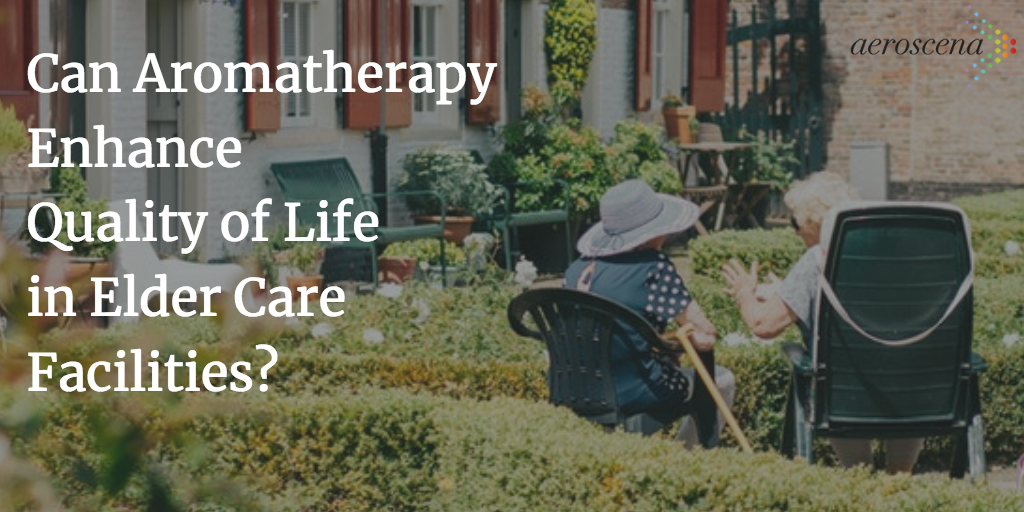
Can Aromatherapy Enhance Quality of Life in Elder Care Facilities?
According to the U.S. Census Bureau’s 2017 National Population Projections report, the year 2030 will mark an important demographic turning point for the U.S.
 At this time, all baby boomers will be older than 65 and every 1 in 5 Americans will be of retirement age. Realistically, many of those born in the first half of this generation — individuals in their late 70s and early 80s — will already reside in assisted living, skilled nursing or memory care facilities.
At this time, all baby boomers will be older than 65 and every 1 in 5 Americans will be of retirement age. Realistically, many of those born in the first half of this generation — individuals in their late 70s and early 80s — will already reside in assisted living, skilled nursing or memory care facilities.
Adding another level of complexity to the boomer dynamic is their relative wealth, when taken as a whole. As a generation, Boomers have amassed a great deal of wealth — approximately $30,000,000,000,000. They are viewed, overall, as one of the more demanding and discerning generations, especially when compared to their parents, and especially regarding their expectations around senior living.
As boomers enter medically-supervised living centers in increasing numbers, they will also bring their desire for wellness programs and lifestyles. We are already seeing some of the more upscale communities adding wellness centers to their facilities to respond to boomers' willingness to use their wealth to enhance their senior years and have shown a propensity to spend it to ensure those years are as enjoyable as possible.
This means we can expect elder care facilities to start offering experiences that are a major upgrade to what has been seen in the past. From gourmet food and luxury living spaces configured to feel like home, to on-site spas and concierge-like services, this generation will be using their accumulated wealth to carry on a similar lifestyle in their senior years as that to which they became accustomed in their youth.
Due to boomer demand, elder care facilities are beginning to try and differentiate themselves in the market in small ways that can make a big overall impact. One example is via the addition of functional scent. Most of us can conjure up the smell of a traditional nursing home, and unfortunately, it’s not one that’s pleasant. Boomers are unlikely to accept the status quo when it comes to their scent environment and that’s more than malodor remediation.
This is where the use of natural fragrance will become an important factor in a long-term care facility’s success or failure in the coming years. Scent makes a powerful first impression, whether positive, or negative. Those companies willing to invest in a strategy that mitigates malodor from the moment visitors and potential new residents step in the door are the ones who will ultimately attract the most discerning, and likely the most profitable, customers.
Decades of research into the power of scent have also yielded a number of scientific studies that demonstrate the impact of scent — specifically, controlled use of aromatherapeutic scent — on individuals suffering from a range of health problems, from insomnia and anxiety to cognitive deterioration and memory loss.
For example, compounds found in L. angustifolia (lavender) essential oil have been shown to enhance sleep in the elderly (1,2), while also reducing anxiety due to its anxiolytic effects on the central nervous system (3,7,8). In fact, some researchers have suggested that L. angustifolia works in a similar way as benzodiazepines in affecting GABA neurotransmission (4). Many of these effects have been linked to the activity of linalool (5), a main compound found in lavender. In fact, studies have demonstrated that linalool fragrance alone reversed the psychological markers of stress (6).
Other research has examined the ability of essential oils to impact mood and cognition. In a study published in Psychogeriatrics, aromatherapy was found to be an efficacious non-pharmacological therapy for dementia, with potential for improving cognitive function, especially in Alzheimer’s Disease patients (9). A 2008 study in the International Journal of Neuroscience found that Mentha x piperita L. (peppermint) scent was found to enhance memory and increase alertness (10).
These results provide significant support for the use of essential oil aromas in extended care facilities, both to in order to produce positive emotions and health effects on resident populations as well as to help mitigate common malodors.
Aromatherapy is an immensely customizable and comparatively affordable wellness solution that is able to be used in many spaces for a variety of needs. Some assisted living residents with fewer medical issues may only wish to scent their living space with their chosen blend as a type of uplifting and natural air freshener. Others may benefit from specific clinical aromatherapy formulas designed for health issues prevalent in elder care environments, such as memory loss, anxiety/agitation or chronic insomnia. Common areas can be scented with functional scents that have shown to be calming or energizing, depending on the patient population and/or time of day.
In sum, as evidence-based aromatherapy gains acceptance as a legitimate modality of health and wellness, the trend in senior care should rapidly advance, just as we have seen in the past decade in the consumer marketplace.
(1)The value of lavender for rest and activity in the elderly patient.
Complement Ther Med 1996; 4: 52–57
(2)Effects of aromatherapy on sleep quality and anxiety of patients.
Nurs Crit Care. 2015 Jul 27.
CONCLUSION: Lavender essential oil increased quality of sleep and reduced level of anxiety in patients with coronary artery disease.
(3)Neurophysical effect of Bulgarian essential oils from rose, lavender and geranium.
Tasev T, Toléva P, Balabanova V.; Folia Med (Plovdiv) 1969; 11: 307–317
(4)The essential oil safety data manual.
Tisserand Aromatherapy Institute; Tisserand R.; Brighton; 1988
(5)Sedative effect on humans of inhalation of essential oil of linalool: sensory evaluation and physiological measurements using optically active linalools.
Sugawara Y, Hara C, Tamura K, Fujii T, Nakamura K, Masujima M, Aoki T. Anal Chim Acta 1998; 365: 293–299
(6)Chirality influences the effects of linalool on physiological parameters of stress.
Hoferl M, Krist S, Buchbauer G. Planta Med 2006; 72: 1188–1192
(7)The effects of the inhalation method using essential oils on blood pressure and stress responses of clients with essential hypertension
Evid Based Complement Alternat Med. 2012; 2012: 984203.
CONCLUSION: The results suggest that the inhalation method using essential oils can be considered an effective nursing intervention that reduces psychological stress responses and serum cortisol levels, as well as the blood pressure of clients with essential hypertension.
(8)Aromatherapy: The Effect of Lavender on Anxiety and Sleep Quality in Patients Treated With Chemotherapy
Clin J Oncol Nurs. 2018 Apr 1;22(2):203–210
CONCLUSION: State anxiety before and after chemotherapy did not vary among groups. The authors compared trait anxiety values before and after chemotherapy and found a significant difference in the lavender group. In addition, a significant change in PSQI measurements before and after chemotherapy was observed.
(9)Effect of aromatherapy on patients with Alzheimer’s disease
Psychogeriatrics. 2009 Dec;9(4):173–9. doi: 10.1111/j.1479–8301.2009.00299.x.
(10)Modulation of cognitive performance and mood by aromas of peppermint and ylang-ylang
Int J Neurosci. 2008 Jan;118(1):59–77.


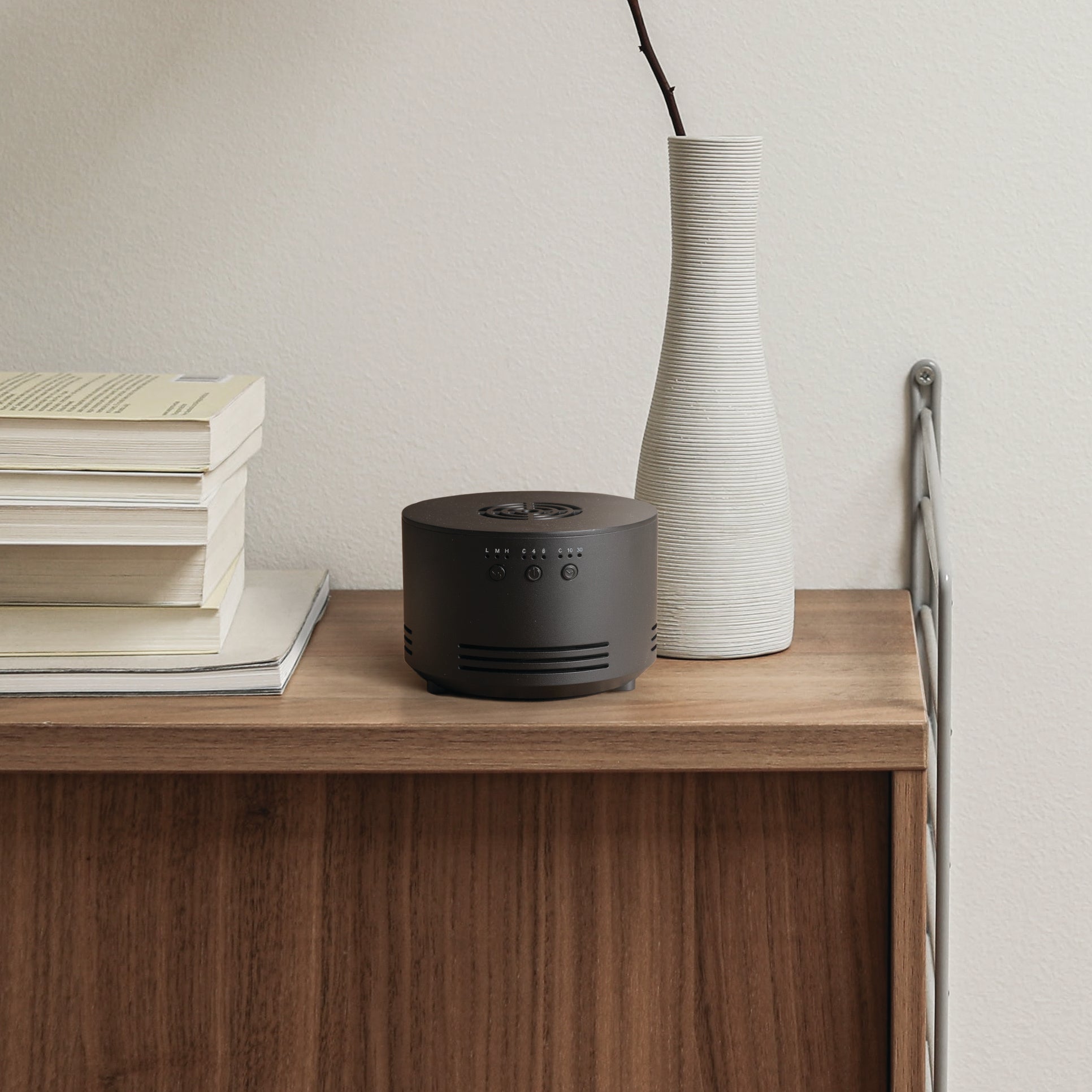
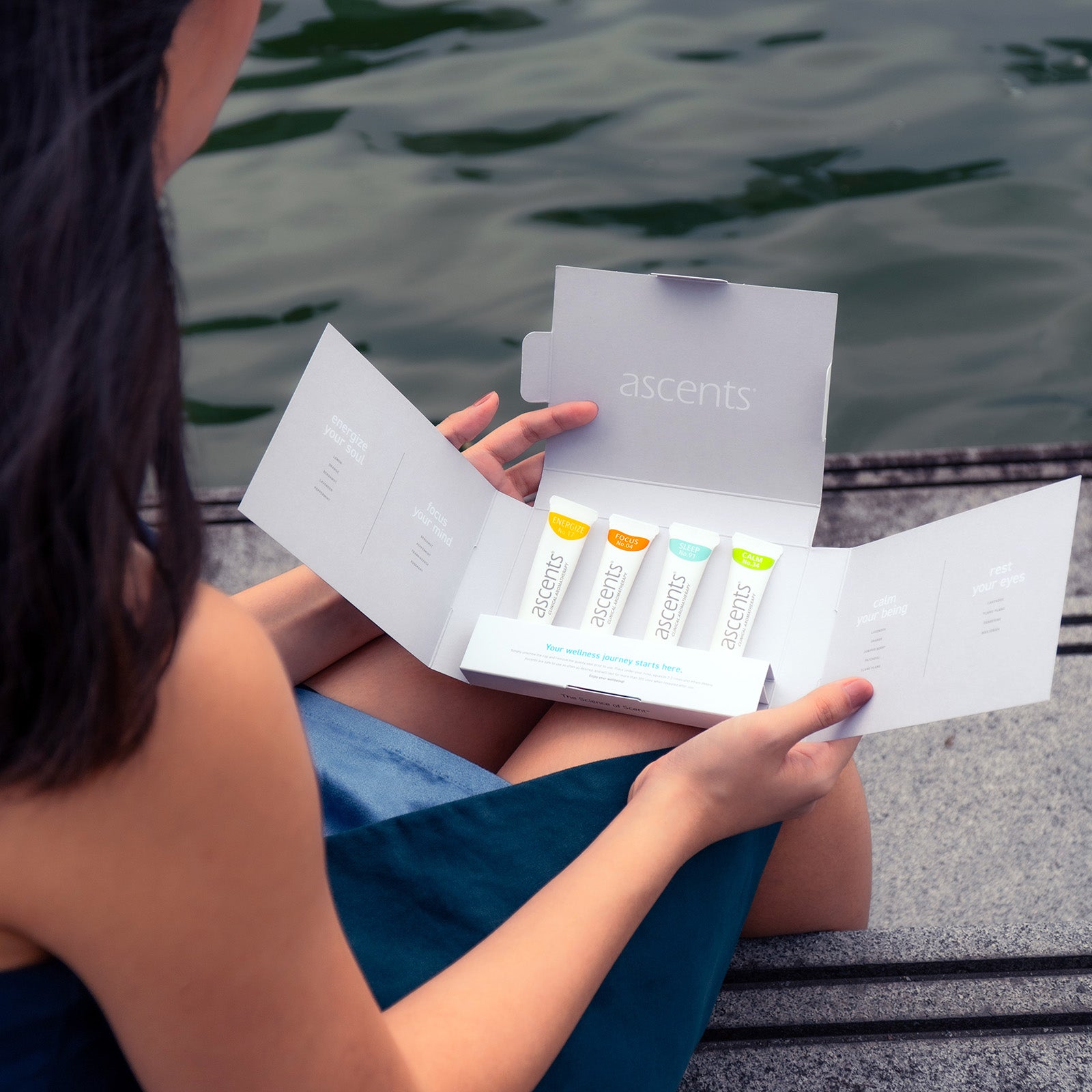
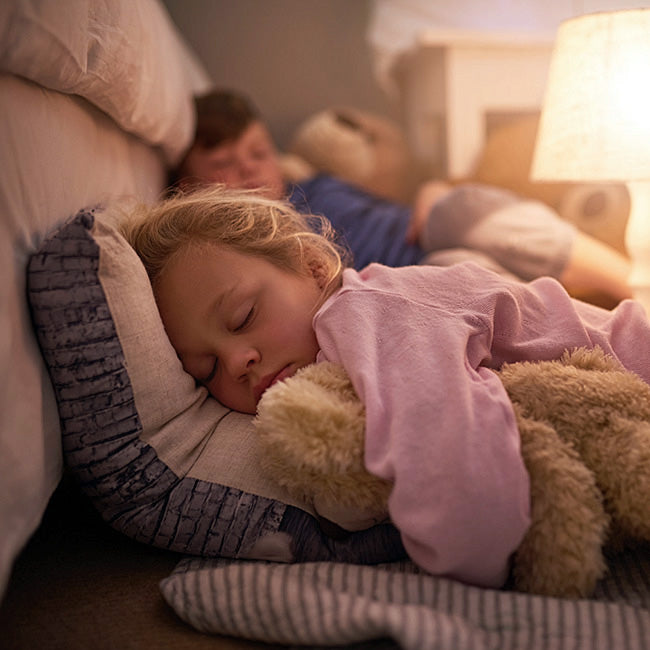

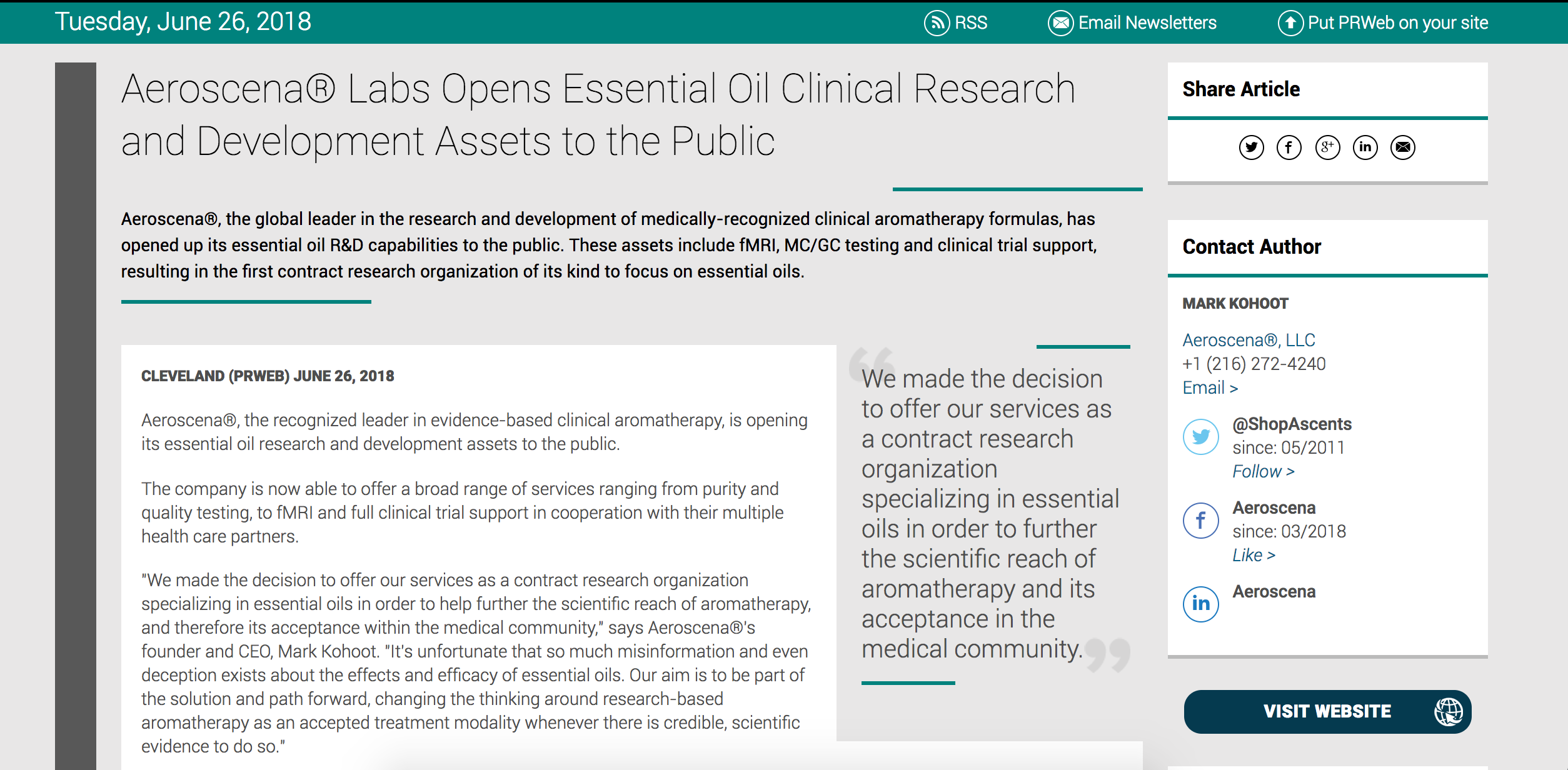
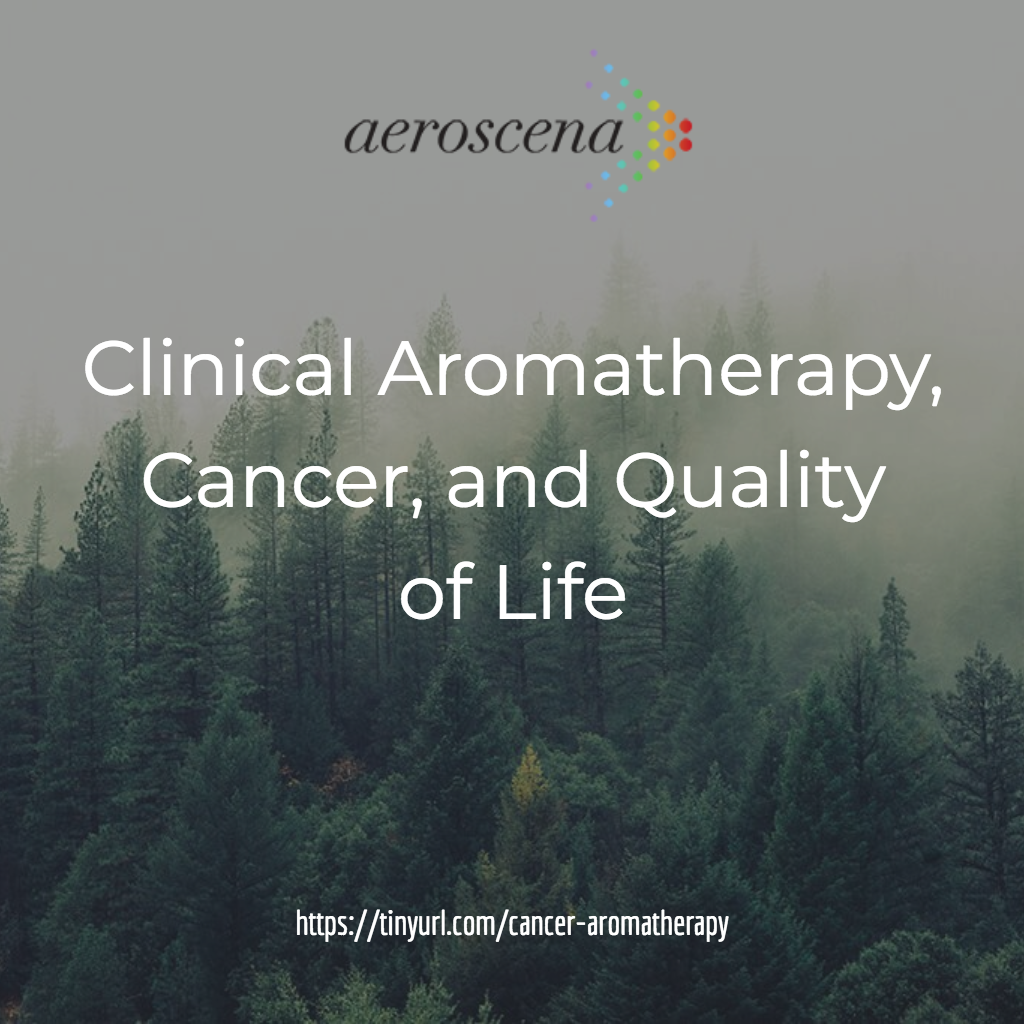
Leave a comment
This site is protected by hCaptcha and the hCaptcha Privacy Policy and Terms of Service apply.